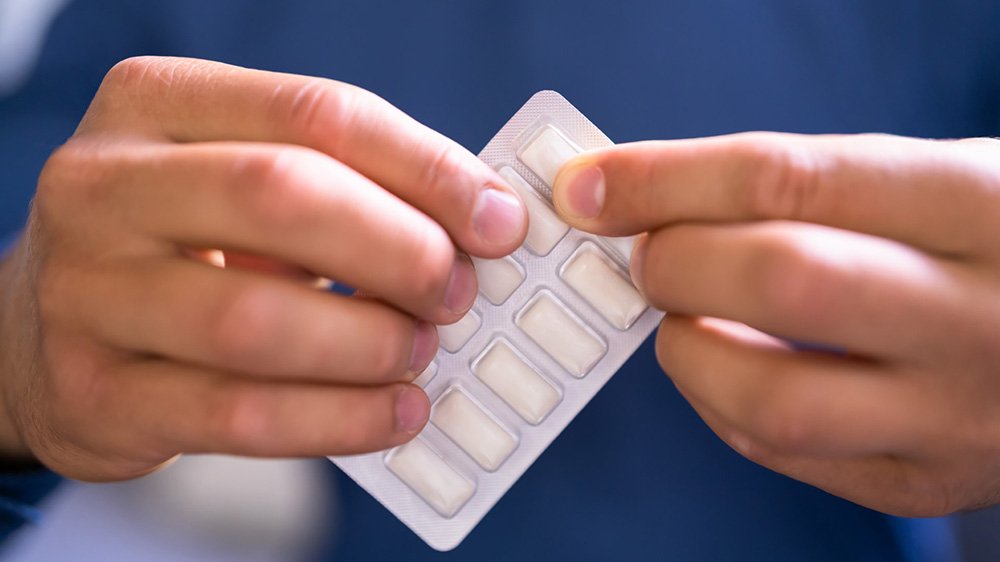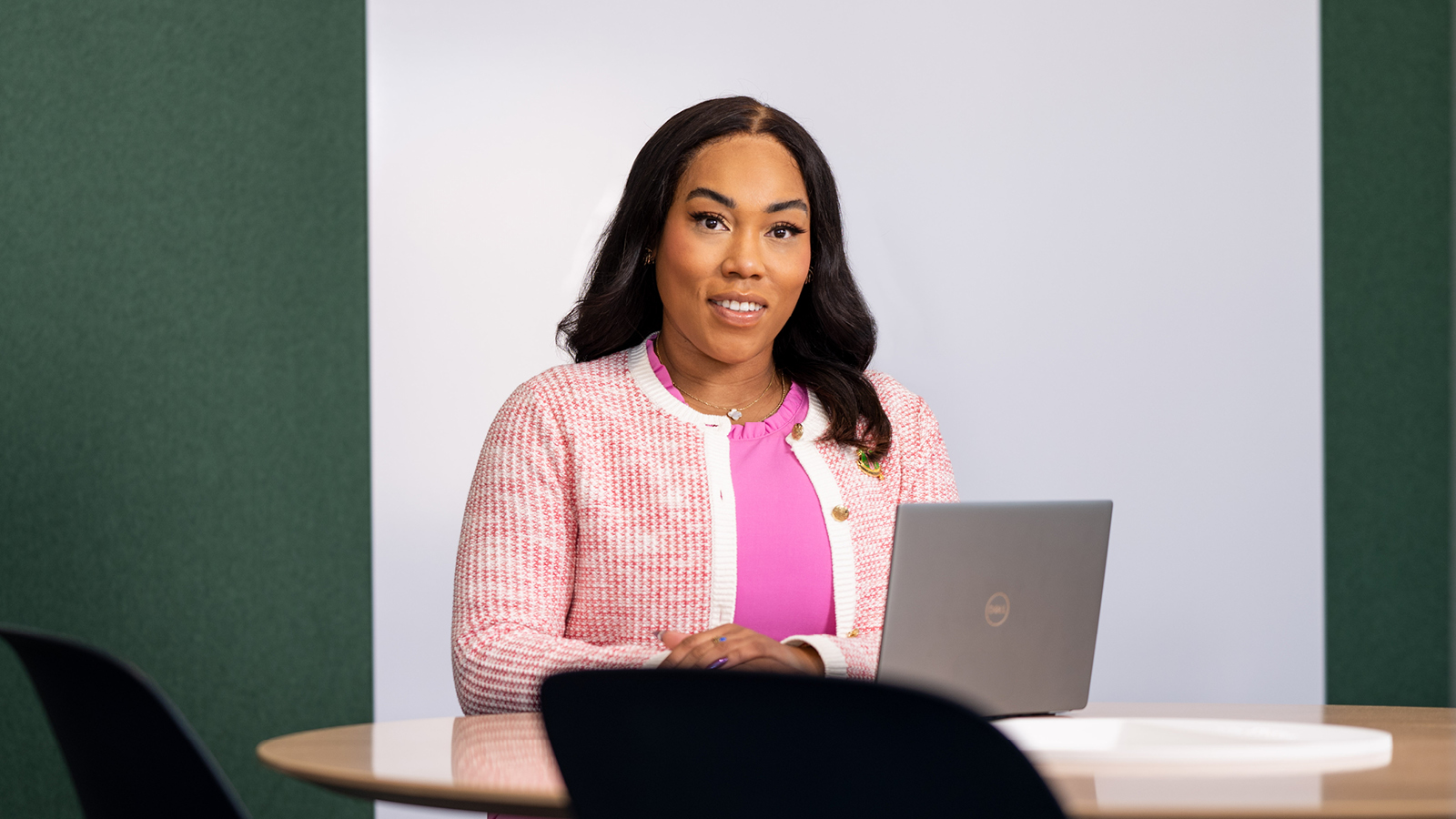- Diseases
- Acoustic Neuroma (14)
- Adrenal Gland Tumor (24)
- Anal Cancer (66)
- Anemia (2)
- Appendix Cancer (16)
- Bile Duct Cancer (28)
- Bladder Cancer (68)
- Brain Metastases (28)
- Brain Tumor (230)
- Breast Cancer (718)
- Breast Implant-Associated Anaplastic Large Cell Lymphoma (2)
- Cancer of Unknown Primary (4)
- Carcinoid Tumor (8)
- Cervical Cancer (154)
- Colon Cancer (164)
- Colorectal Cancer (110)
- Endocrine Tumor (4)
- Esophageal Cancer (42)
- Eye Cancer (36)
- Fallopian Tube Cancer (6)
- Germ Cell Tumor (4)
- Gestational Trophoblastic Disease (2)
- Head and Neck Cancer (6)
- Kidney Cancer (124)
- Leukemia (344)
- Liver Cancer (50)
- Lung Cancer (288)
- Lymphoma (284)
- Mesothelioma (14)
- Metastasis (30)
- Multiple Myeloma (98)
- Myelodysplastic Syndrome (60)
- Myeloproliferative Neoplasm (4)
- Neuroendocrine Tumors (16)
- Oral Cancer (100)
- Ovarian Cancer (170)
- Pancreatic Cancer (166)
- Parathyroid Disease (2)
- Penile Cancer (14)
- Pituitary Tumor (6)
- Prostate Cancer (144)
- Rectal Cancer (58)
- Renal Medullary Carcinoma (6)
- Salivary Gland Cancer (14)
- Sarcoma (236)
- Skin Cancer (296)
- Skull Base Tumors (56)
- Spinal Tumor (12)
- Stomach Cancer (60)
- Testicular Cancer (28)
- Throat Cancer (90)
- Thymoma (6)
- Thyroid Cancer (98)
- Tonsil Cancer (30)
- Uterine Cancer (78)
- Vaginal Cancer (14)
- Vulvar Cancer (18)
- Cancer Topic
- Adolescent and Young Adult Cancer Issues (20)
- Advance Care Planning (10)
- Biostatistics (2)
- Blood Donation (18)
- Bone Health (8)
- COVID-19 (362)
- Cancer Recurrence (120)
- Childhood Cancer Issues (120)
- Clinical Trials (626)
- Complementary Integrative Medicine (24)
- Cytogenetics (2)
- DNA Methylation (4)
- Diagnosis (230)
- Epigenetics (6)
- Fertility (64)
- Follow-up Guidelines (2)
- Health Disparities (14)
- Hereditary Cancer Syndromes (124)
- Immunology (18)
- Li-Fraumeni Syndrome (8)
- Mental Health (118)
- Molecular Diagnostics (8)
- Pain Management (62)
- Palliative Care (8)
- Pathology (10)
- Physical Therapy (18)
- Pregnancy (18)
- Prevention (896)
- Research (390)
- Second Opinion (74)
- Sexuality (16)
- Side Effects (604)
- Sleep Disorders (10)
- Stem Cell Transplantation Cellular Therapy (216)
- Support (404)
- Survivorship (322)
- Symptoms (184)
- Treatment (1776)
How I quit smoking and gained a new life
5 minute read | Published March 17, 2022
Medically Reviewed | Last reviewed by an MD Anderson Cancer Center medical professional on March 17, 2022
I was just 11 when I started smoking in the 1980s. Finding cigarettes was easy. My mom was a smoker, and when she reached the end of a pack, she’d send me with a dollar to the corner store to buy more. Back then, there were no laws against selling tobacco products to kids, so the store clerk thought nothing of it.
Sometimes, I’d sneak cigarettes from my mom’s supply. Other times, I’d get them from the “cool” kids at school who let me join their clandestine smoking sessions.
By the time I graduated from college, I was smoking a pack a day.
Children motivated me to quit smoking
I wanted to quit, but my job as a social worker for abused and neglected children often left me emotionally drained. Cigarettes helped ease the stress. I tried several times to quit cold turkey, but those attempts never lasted.
That changed when I got married and had children. During both of my pregnancies, I quit smoking. It wasn’t that difficult – it was as though my mind instructed my body to protect my babies. But as soon as my sons were born, I started smoking again to de-stress from the pressures of motherhood and my job.
Working with so many children in the foster care system sometimes made me sad and frustrated. They didn’t deserve to be in this position. As a social worker, I did what I could to help, but I wanted to do more.
Then I had an epiphany. I could apply to become a foster parent. One of the rules of fostering is that you’re not permitted to smoke around children. I quit again, and for the next eight years, I fostered a succession of children in my smoke-free home. I adopted two little girls – one with special needs – whose chances of finding a family were slim.
Weight gain and nicotine addiction
As my family grew, my marriage crumbled. I tried hard to balance everything, but it was a challenge. Since cigarettes were off-limits, I used food as a de-stressor. I’d always been heavy, even as a child. But now I weighed more than 350 pounds. I was exhausted, depressed and overwhelmed.
Then one magical day, I said “enough.” I was tired of feeling tired. I got on the treadmill. I started eating healthy foods. I lost over 200 pounds. And I filed for divorce. I’m a redhead, and my dad always said redheads are stubborn as mules. I lost the weight and got my life back on track out of sheer determination.
Losing so much weight left me with saggy, excess skin. My doctor said surgery was the only way to get rid of it, so I underwent a full-body lift. During the 17-hour operation, plastic surgeons worked on my neck, breasts, stomach, arms, legs … everything.
My recovery was very painful. One day, when I was hurting worse than usual, my mother handed me a cigarette and said, “Here, this will help.” I took one long puff, and BAM! I was hooked again. Nicotine addiction is powerful.
I was disappointed to resume smoking, but in the back of my mind, I rationalized that smoking would help me keep off the weight I’d fought so hard to lose. I conveniently “forgot” that cigarettes could harm my body and take years off my life.
A new start
With my divorce finalized, I decided to leave my home state of Illinois for a fresh start in Texas. I packed up my children and headed to Houston, where I was hired as a social worker for difficult-to-place foster children with advanced needs.
I carry a case load of 30 kids, and I view them all as my kids. My goal is to place each one in a loving foster family or permanent home. When that happens, there’s no greater joy. But getting to that point can be very stressful.
Sometimes my days are intense. When I first arrived in Houston with no family or friends to turn to, cigarettes once again became my way to de-stress. I hated them, but I needed them.
Participating in a smoking cessation study
That changed one day when a radio advertisement caught my attention. “Are you tired of smoking?” the announcer asked. I yelled “YES,” though I was alone in the room. The ad was recruiting smokers for an MD Anderson tobacco-cessation clinical trial called PISCES, which stands for “Precision-Implemented Smoking Cessation Evaluation Study.”
The program was free of charge, the ad said. I didn’t believe it. I thought surely there must be a program fee, or I’d have to reimburse MD Anderson if I failed to stop smoking during the study. I decided to call anyway, and I’m glad I did.
The research coordinator explained that, unlike many other tobacco-cessation studies, PISCES is conducted remotely. I’d never have to go in person for a single visit. Everything would be done by phone and with video visits over the computer. That sounded great to me, especially since I live an hour away from MD Anderson.
During the study, I would be asked to collect my saliva and urine samples at home, and submit them to MD Anderson by courier. These, along with samples from other PISCES participants, would be analyzed for genetic markers which could potentially be used to tailor smoking cessation treatments for people based on their genetics.
I was eager to quit smoking and happy to contribute to the research, so I joined the study.
How I quit smoking
My plan was simple to follow. I took a daily oral medication named varenicline for 12 weeks. The medicine was mailed to my home. It was so convenient. Other participants received nicotine replacement therapy in the form of a patch, gum or lozenges. The study was randomized, meaning neither the researchers nor the participants chose who would receive which treatment.
Counselors and doctors regularly checked in with me by phone or over the computer. I got lots of support.
Anyone who failed to stop smoking after 12 weeks was switched to a different therapy or higher dose. That’s the beauty of MD Anderson – they don’t give up on you.
Today, I’m proud to call myself a nonsmoker. I haven’t touched a cigarette in over a year, and my cravings have disappeared.
I’ve learned that all those years of “self-medicating” with cigarettes to ease stress were actually causing more stress. The program taught me that while smoking makes you temporarily feel calmer by releasing a chemical into your brain, it wears off quickly and you feel worse than before you lit up. Today, I handle stress in healthier ways, like walking my dog, watching a movie or exercising.
I'm in a much better place now, in so many ways. If you want to quit, but you're afraid to try, contact MD Anderson. If it worked for me, it can work for you.
Learn more about smoking cessation studies at MD Anderson.

I haven’t touched a cigarette in over a year, and my cravings have disappeared.
Carol Groskreutz
Former Smoker





